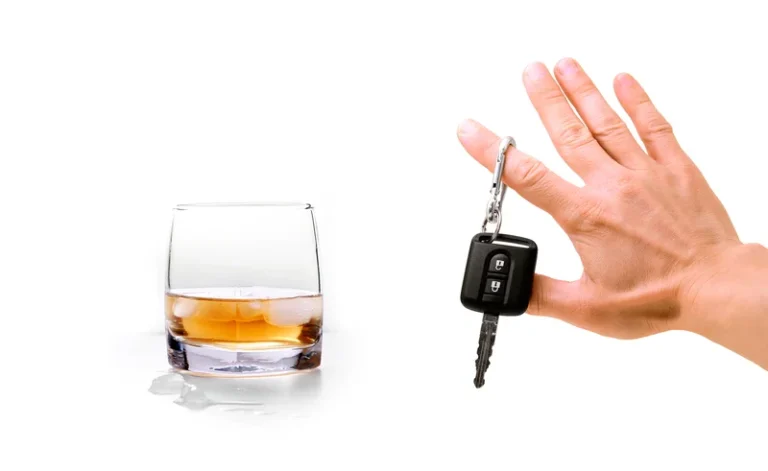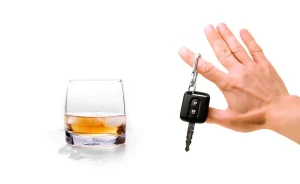
These creative pursuits support self-discovery, build confidence, and give you a drug and alcohol group activities sense of accomplishment, enhancing your overall emotional well-being. Recovery from a mental health condition such as substance abuse and addiction is a difficult journey marked by many highs and lows. A vital aspect of overcoming substance abuse is preventing relapse and staying sober long-term.
Challenges and ethical considerations in substance abuse group activities
Teach youth about the dangers of alcohol and nicotine with cutting-edge VR videos, Kahoot! Each year, NDAFW participants host educational events in their communities so youth can learn what science has taught us about drug use and addiction. Recovery capital as prospective predictor of sustained recovery, life satisfaction, and stress among former poly-substance users.

Practicing Mindfulness Through Meditation
- They should also facilitate activities in a non-judgmental manner and encourage open dialogue.
- These activities build confidence, enhance communication skills, and empower individuals to prioritize their recovery goals.
- A range of activities ensures that relapse prevention programs cater to the diverse needs and interests of the group’s participants.
- Dancing relieves tension, allows a person to relax and can be meditative.
- Substance abuse often leads to strained relationships with loved ones.
This activity focuses on replacing substance use with healthy alternatives during times of stress. Members brainstorm coping mechanisms like exercise, journaling, and talking to a friend, helping them build a toolkit of positive strategies to maintain sobriety. Creating positive affirmations helps members reinforce self-worth and stay motivated.
Top Tips for Choosing the Right Facility Rehab in Texas
- Although the list is comprehensive, it is by no means a complete list of every topic or theme that may be touched upon during treatment.
- They set a positive tone, ensure that activities are inclusive, and manage group dynamics to maintain a supportive environment.
- Process groups are mostly unstructured with no singular topic of discussion.
- Participants can share how they are practicing self-care to encourage and inspire their peers.
Group therapy sessions focusing on understanding addiction help individuals understand the science behind their condition. Icebreaker games inject fun and playfulness into the group dynamics, making it easier for members to open up and participate actively. These games could involve sharing something about oneself based on a prompt, playing word association games related to recovery, or even engaging in light-hearted team challenges. Icebreaker games not only foster a sense of inclusivity but also help combat nerves and hesitations that can arise when discussing sensitive topics.
Psychoeducation activities are foundational to substance abuse education within support groups. A range of activities ensures that relapse prevention programs cater to the diverse needs and interests of the group’s participants. The goal should be to include a range of activities, such as educational workshops, creative expression, physical exercise, and social gatherings. This will address various aspects of recovery and keep group members engaged over time.
This activity builds confidence in saying no and equips members with strategies to handle real-life challenges. Mindfulness meditation guides members to stay present, reducing stress and anxiety. Gratitude journaling helps shift focus to the positive aspects of life, which can improve mood and build resilience.
Wrapping It Up: The Power of Play in Recovery

The idea that you are not alone in your addiction is a very powerful one. Sharing group activities are an important part of many treatment programs. Art as a group activity helps addicts learn about themselves while keeping their hands busy.
Fun group activities, hobbies, and mindfulness practices can replace negative behaviors with constructive ones. These relapse prevention group activities also help to build resilience, strengthen your social connections, and create positive memories. Relapse prevention group activities that are fun and relaxing provide a balanced and sustainable approach to sobriety. Engaging in enjoyable activities and finding time to relax can reduce stress, improve mood, and enhance overall well-being and mental health. Relapse prevention group activities connect you with others with whom you can share your goals.

Group discussions can help people come up with or expand upon goals they want to achieve during recovery, such as getting to a sobriety milestone or landing a new job. Setting short- and long-term goals gives people in recovery something to work for, but they can sometimes struggle with determining what those goals should look like. In meditation sessions, participants will practice focusing on their breathing or on affirmations while allowing thoughts to come and go without engagement or judgment.

Creating stress balls offers a hands-on way for members to make their own calming tools. Filling balloons with sand or rice, members can carry these stress balls as reminders of their ability to manage anxiety and stress without relying on substances. Participants will have the ability to ask questions of the experts in small group sessions following the presentation. They also are a great way to get out of your comfort zone and try new things.
